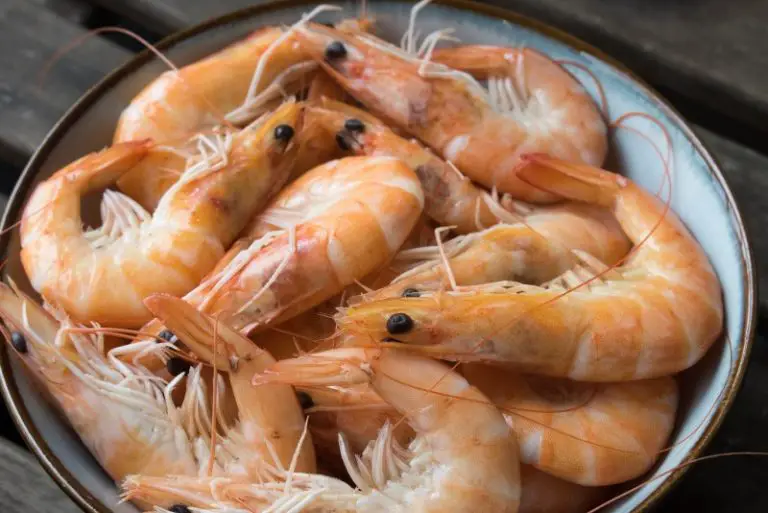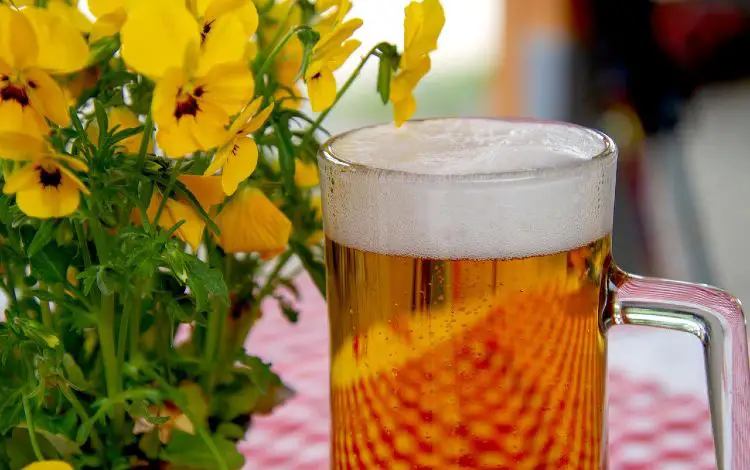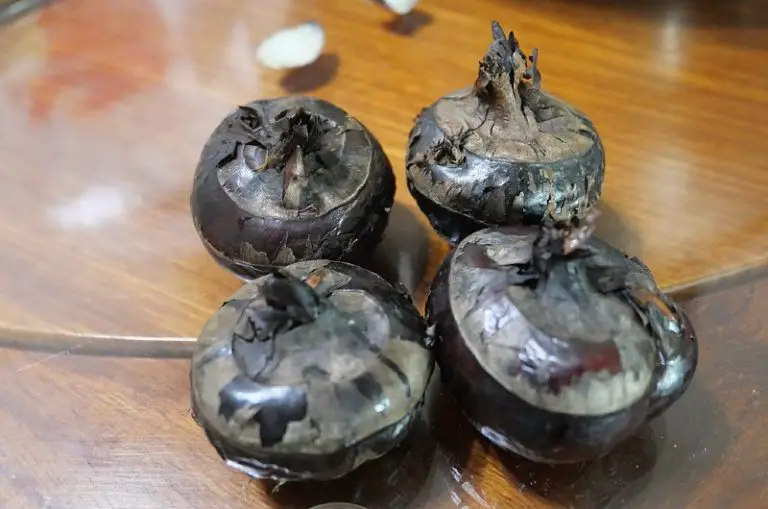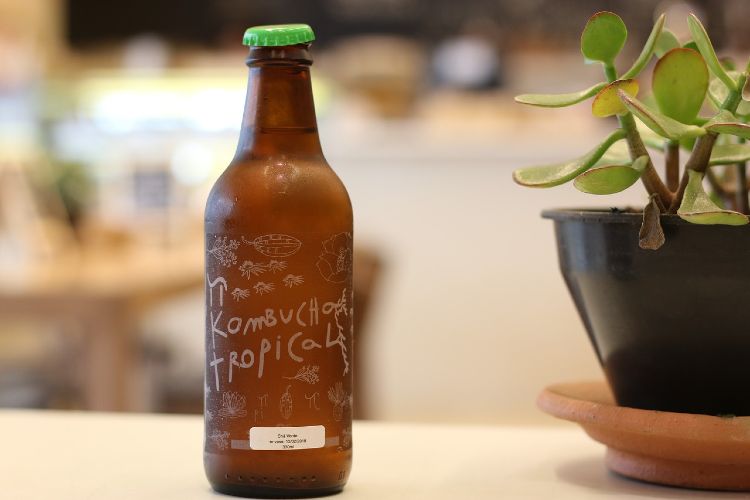Meeting Chantal Coady in Rococo
The chocolate shop Rococo in Motcomb Street, Belgravia, is not as you would expect it to be. In this very refined enclave of London’s uber rich residents and tenants of the Grosvenor Estate, arriving at Rococo is surprisingly like entering a friend’s living room (with a chocolate shop attached).
There is an area at the back with rattan chairs, squashy cushions and pretty hung pictures where you can sit, relax, read a book or a magazine and drink tea, coffee, or of course a hot chocolate, while eating a slice of cake. The interior of the shop is not at all pretentious or rarefied. At the front, directly positioned in the light of the window, there is a big homely wooden table, where mothers sit and chat, while their children eat chocolates, play and are admired by the cooing sales assistants.
The shop is decorated in bright, cheery colours, and it is festooned and adorned as if a party is about to be held there. The salesgirls, Sara, Alice and Serafina are very friendly, chatting away about the chocolate courses that they hold there, with both children and adults. They show me the demonstration kitchen below, where Laurent Couchaux, the master chocolatier, used to teach chocolate tempering classes, but they explain that most of the production of Rococo chocolates now takes place in a warehouse in West Dulwich. In this kitchen they teach school children, and sometimes there are parties booked here, where children are shown the cacao pods, beans, nibs and butter and the whole chocolate making process from tree to truffle.
There is also a very pretty Moroccan style garden out the back, very lush, green and peaceful, with a wide array of colourful and contrasting Arabic tiles. Some of the colours, images and patterns from the tiles have been used in the packaging of the new ranges of chocolate.
The Rococo brand has grown and grown. From humble beginnings 26 years ago, Chantal Coady, the founder of the business and mother to two children, Fergus and Millie, has worked tirelessly, in a very competitive field, to position her artisanal chocolate in the collective consciousness of foodies and real chocolate lovers. She founded The Academy of Chocolate (www.academyofchocolate.org.uk), the Campaign for Real Chocolate and The Chocolate Society, as well as writing three acclaimed books, the last of which “Real Chocolate” was published by Quadrille in 2003. Rococo chocolate is now sold in every John Lewis store, across Waitrose, in Selfridges, and in three of their own shops, in Belgravia, King’s Road and Marylebone, employing between 25 and 30 people, with a wage bill that made me catch my breath when I heard it.
In the early days of the business Chantal tells me that she had to wash the floors, break up empty boxes, do the VAT returns, arrange the PR, sweep up and tidy the shop garden. She still does all those chores, believing that when you own your own business there are no days off, you have to be working all the time.
I ask her whether when she started her business in 1985 the economic climate was easier than it is today. “No, it wasn’t”, she says. “There were far fewer banks who would lend to a young woman without collateral, and although I was one of five children, my mother helped by guaranteeing my first loan. I repaid everything fifteen years later, but now, of course, there is private equity and lots of other financing avenues.”
The business is now run by her and her husband, James Booth, who is the Managing Director of the company, and they are extremely passionate about ensuring that their Grococo plantation in Grenada, which grows the Trinitario cacao beans for The Grenada Chocolate Company they part-own, is run along fair and ethical trading lines, for the benefit of all the workers and their families. They do not just ship the cacao beans to Europe for processing, but believe wholeheartedly that the Grenadian workers should add value to the work process across the chain so as to benefit economically. Chantal believes that they have a moral responsibility to their plantation workers to ensure their long-term prosperity.
In Grenada education is compulsory until 14 years of age, which Chantal believes has given workers, especially young girls, a greater level of skill and opportunity. She does a great deal of charity work to support this cause. Young girls in Africa leave school at a much younger age to work on the cacao bean plantations. There is also a long history of deforestation in Africa, where the cacao plantations are not grown sustainably. Consumers need to ask lots of questions as to where their chocolate comes from, how it is processed and not be disingenuous about the ethical problems faced within the industry.
There can be no doubt that demand for real chocolate and good wines has risen exponentially in the last twenty years, and Chantal agrees that both appeal to people on a deeply personal and emotional level. She believes that consumers need to appreciate and pay for all artisanal skill and knowledge, as it takes many years to become a master chocolatier, and the work is extremely physical and painstaking at the same time.
I asked her the question that, no doubt, she has heard at every interview: where did the idea for the packaging come from? Earlier, Alice had let me take a photo of the beautiful blue and white tissue paper that is used to wrap the chocolates, spread across the front work bench. Chantal tells me that it came from a friend who was an antiquarian book seller, and as she has a background in design, the moment she saw the randomly repeating pattern, which depicts old artisanal French chocolate moulds, she knew she had to use it as the brand’s signature logo and packaging.
For the future, Chantal and her husband are looking to develop two new concepts: Rococo Couture, which will create bespoke chocolates for specific events and Choc a Porter, which will showcase wafers, bars and pre-packed chocolate boxes that can sit in ambient temperatures, and is sold in gift packaging. Chantal is working on another book, scheduled for publication in September 2012 and she also admits that they are always thinking of ways to improve their online offering.
She firmly believes that recessions can be opportunities for hard working people to re-invent themselves and create something new and exciting. I ask her what advice she would give to any young people today who wanted to carve a niche for themselves in the artisanal food world, and she replies “Just do it. Get as much background information as possible, there is no need to reinvent the wheel. Be clear about what it is you are wanting to create, map it all out on paper and keep referring to your plan along the way. Keep things simple, and do not get diverted from your main plan.”
She has been a great influence on the lives and careers of so many young women in business, during two decades of very masculine, arrogant and bullying figures reigning supreme in the world of food. Chantal Coady has proven how being civilised, polite and quiet can reap its own rewards in its own good time.
As I suspected when I read the book “Chocolat” by Joanne Harris, there is more than a slight chance that it was based on Chantal and her work. All those truffles, ganaches, hot chocolates and romantic descriptions of working with chocolate, the author’s research and understanding of the methodologies are more than likely to have come, if not wholly at least partly, from Rococo. In turn, the book, and the Juliette Binoche and Johnny Depp film that followed, did a great deal of good to the P&L accounts of chocolateries all over the world.
As I leave, she tells me all about new food entrepreneurs near her home she knows are selling delicious food, organising pop ups and making their mark in the catering world, urging me to visit them and include them in The Foodie Bugle. As she is in business, on Twitter, in Grenada and on the shop floor, Chantal Coady has reached the top of the business ladder, but still finds the time and generosity of spirit to reach down and stretch a hand out to those standing beneath her. And just like the very finest chocolates, that is a very rare thing indeed.
Contact Details:
Website: www.rococochocolates.com
You can follow Chantal on Twitter: @chantalcoady
You can follow Rococo on Twitter: @rococochocs




